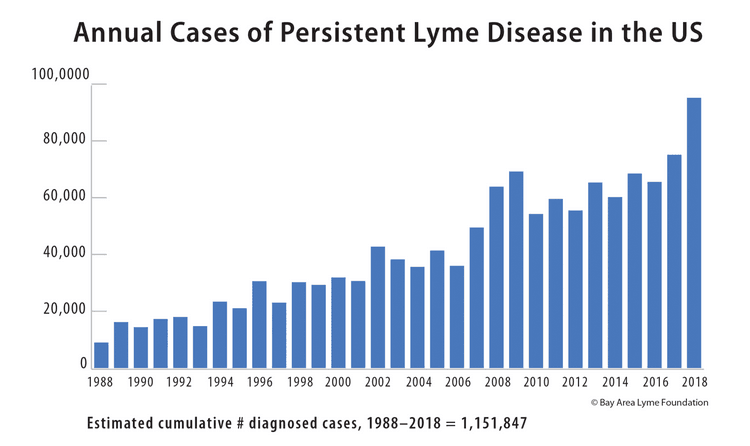Autism is a complex neurodevelopmental disorder affecting social interactions, communication skills, and behaviors. Raising awareness about Autism is crucial for promoting understanding, early diagnosis, and advocacy for individuals with Autism.
People with Autism often have accompanying health issues, which can include immune system abnormalities, gut imbalances, and chronic infections. Understanding these physiological aspects of Autism can guide treatment strategies and improve quality of life.
- Inflammation: Some research suggests that immune dysregulation and brain inflammation might play a role in Autism. Testing for inflammation markers can provide valuable information about the individual's immune status.
- Infections: Chronic or
persistent infections can exacerbate Autism symptoms. Identifying and
treating these infections can often lead to improvements in behavior and
cognitive function. Here are two interesting articles: Microbes and Mental Illness: Past, Present, and Future and Is there a connection between autistic spectrum disorders and tick-borne illnesses?
- Gut Imbalances: Many people with Autism experience gastrointestinal issues. Research shows a strong connection between gut health and brain function- a concept known as the gut-brain axis. Testing for gut imbalances can inform appropriate treatment strategies, which can improve both gut symptoms and Autism-related symptoms.
For this reason, R.E.D. Laboratories implementing a comprehensive and specific test panel for autism disorders.
Understanding these physiological aspects can guide treatment strategies and improve outcomes. By spreading knowledge about Autism and the significance of these tests, we can empower individuals with Autism and their families to make informed decisions about their healthcare and support.






